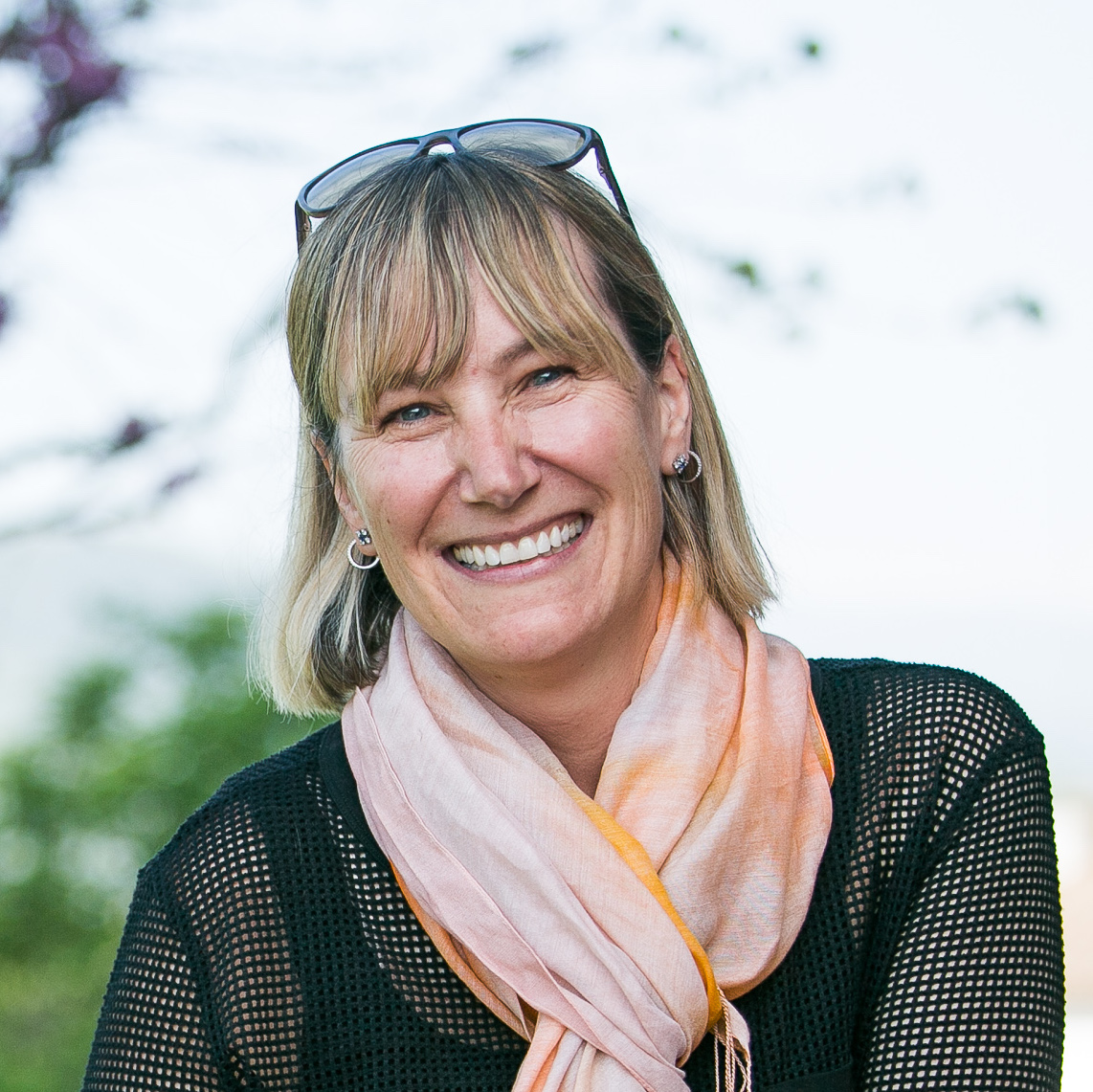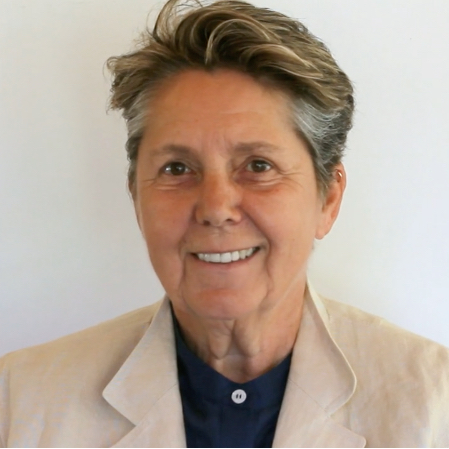Embracing digital games as a means for teaching subject-specific skills while also motivating and engaging students.
This Institute addresses a large gap borne out by recent research on digital games and learning: teachers, who by and large have limited to no experience of digital games, also struggle to recognize, and, therefore have little idea how to assess, what is being learned through playing them. By bridging this gap, the Institute also addresses one of the core initiatives of the redesigned B.C. curriculum – digital literacies. Not all children and youth have played digital games, yet it is the modus operandi of the 21st century, used in training, jobs, and social and cultural life.
The questions this Institute will address are: how, and why, do we create learning environments that support both play and making digital games? How do we recognize, document and assess engagement and learning through digital game play? And what are the creative and computational possibilities of learning through making games? This Institute will establish a foundation for participants to answer these questions through an intensive, week-long immersion in digital games, learning and pedagogy.
What will you do? You will play games, talk about games, review games, read literature on games and learning, and experiment (safety net deployed) with making your own game in small groups. In the end, you will leave with a games and learning unit (if you are a teacher) to take into your own classroom and try on your own.

Dr. Jen Jenson
“I started thinking about technology and its links to education and gender way back when Sun Microsystems was a hot tech company in Silicon Valley and I went and spent a summer as an intern there. Even today, the challenges remain the same — how to better support women and girls’ access and skill development related to digital technologies generally, and videogames in particular as they are posed to be the creative industry of the 21st century.”
Read more about Dr. Jensen.

Dr. Suzanne De Castell
“I’ve always been fascinated by edges and barriers, borders, and limits—mostly how to skate along edges, break down barriers, cross borders and test limits. Since joining the academy as a beginning assistant professor at SFU (in 1978!) my primary interests have been in critical media and communications studies, in understanding how the tools we use shape—and greatly limit—the ways we think as well as what and how we communicate. I’m especially interested in “pedagogic communications”, that is, in how education has been and continues to be shaped by both traditional and emerging, leading edge, media for learning.”
Read more about Dr. De Castell.
UBC Vancouver | Face-to-face
Food, Nutrition, & Health Building | Map
2205 East Mall
Room 40/50
UBC Vancouver
July 6-10, 2020
9am - 4:30pm
Registration & Fees
UBC Student Registration
To register in the course for credit, students must be admitted to the UBC Faculty of Education (Vancouver campus); please see "Admission to UBC" below. Once admitted, students may register in the credit course.
Current UBC students can register for credit courses through the Student Service Centre, using their Campus Wide Login (CWL).
This program is full. Registration for this program is CLOSED.
- Graduate Course (3.0 credits)
ETEC 565S | Digital Games, Learning & Pedagogy
Credit tuition is calculated on a per-credit basis. Tuition fees are in Canadian dollars and are reviewed annually by the UBC Board of Governors.
For current UBC tuition, visit UBC Tuition Fees for the Education per credit tuition fees.
UBC Students
For current tuition information please refer to the UBC Calendar.
Visiting graduate students who wish to take credit courses must register for those courses and will be assessed tuition fees at the prevailing graduate per credit rate, plus authorized student fees.
Tuition fees are subject to review by The University of British Columbia. The Western Deans Agreement does not apply to this course.
Student Assessed Fees
Certain additional fees apply to students who take courses on campus.
Students who meet certain requirements may opt out of the U-Pass and AMS Extended Health and Dental Plan, during the first two weeks of the term.
To see if you qualify for the U-Pass fee exemption, read the U-Pass FAQ information.
If you think you qualify for an exemption, login to the Student Service Centre (SSC) and click on the Financial Summary tab to navigate to the U-Pass fee exemption page.
If you already have medical/dental coverage (other than BC MSP), you may be able to apply for an exemption if you meet certain requirements and follow the opt-out procedures. Visit the Student Service Centre (SSC) for more information.
Students registered in on-campus courses in the summer session are not assessed Health/Dental Plan fees.
Tuition Fee Certificates
Current UBC students may use Tuition Fee Certificates toward tuition or non-credit fees. The certificates do not cover the cost of course materials, texts, or other fees. Contact Professional Development & Community Engagement for more information: 604.822.2013 | pdce.educ@ubc.ca
Admission to UBC
To register in the course for credit, students must be admitted to the UBC Faculty of Education (Vancouver campus).
Undergraduate Students
To register in courses offered for credit you must be admitted to the UBC Faculty of Education, Vancouver campus.
- If you were previously a student here, you will need to apply for re-admission. If you are not applying for a program, you can apply as an unclassified student to receive credit for this course.
- If you are a UBC Okanagan student, or interested in a program offered by UBC Okanagan, please see Admission Categories on the Application & Registration page.
View the Application & Registration page for details, instructions and application forms.
Visiting Graduate Students
To be eligible for admission as a Visiting Graduate Student to UBC, you must be currently registered in a graduate program with good standing at the home university.
For assistance with the online admission procedures, contact the Faculty of Education



